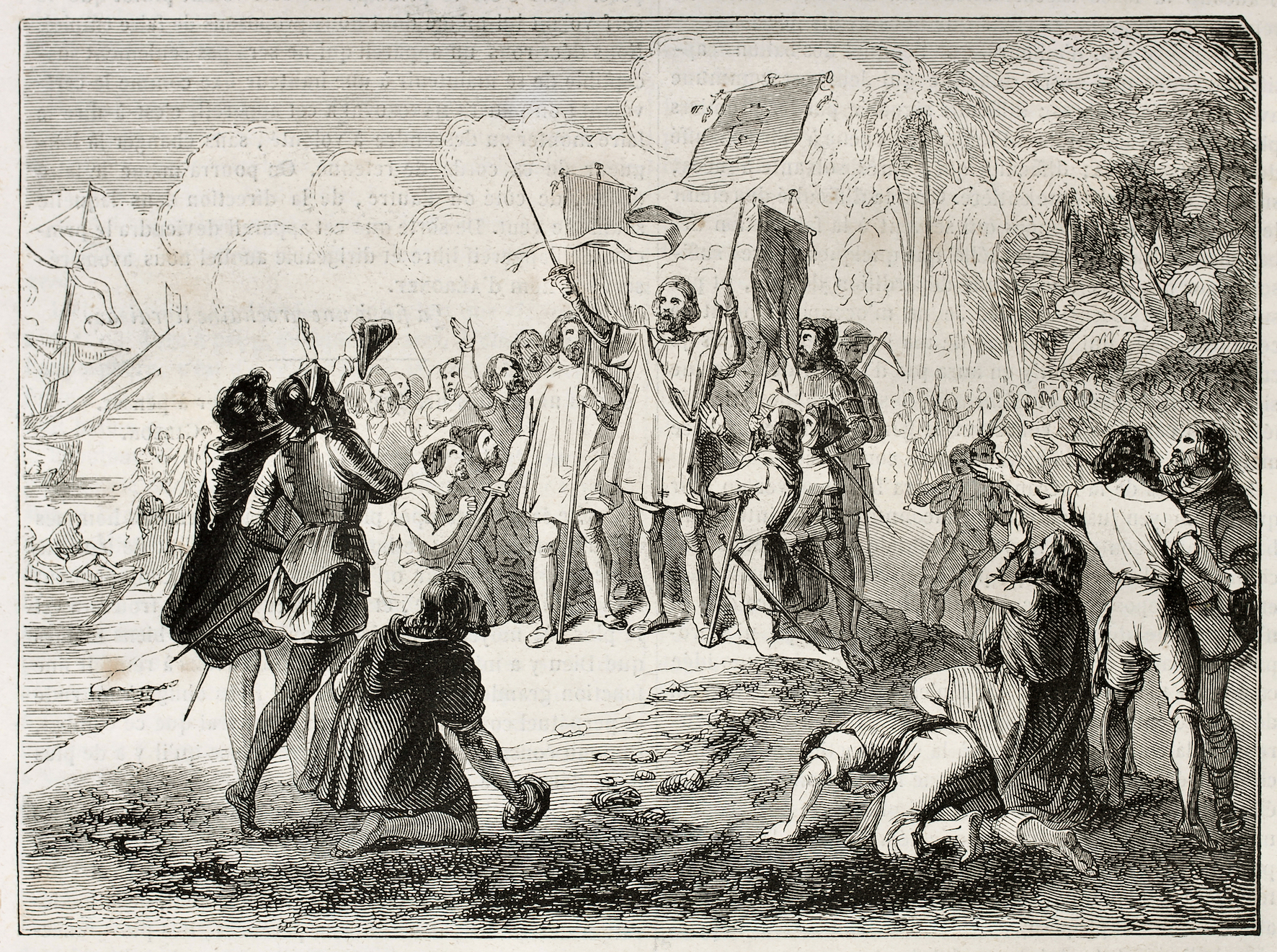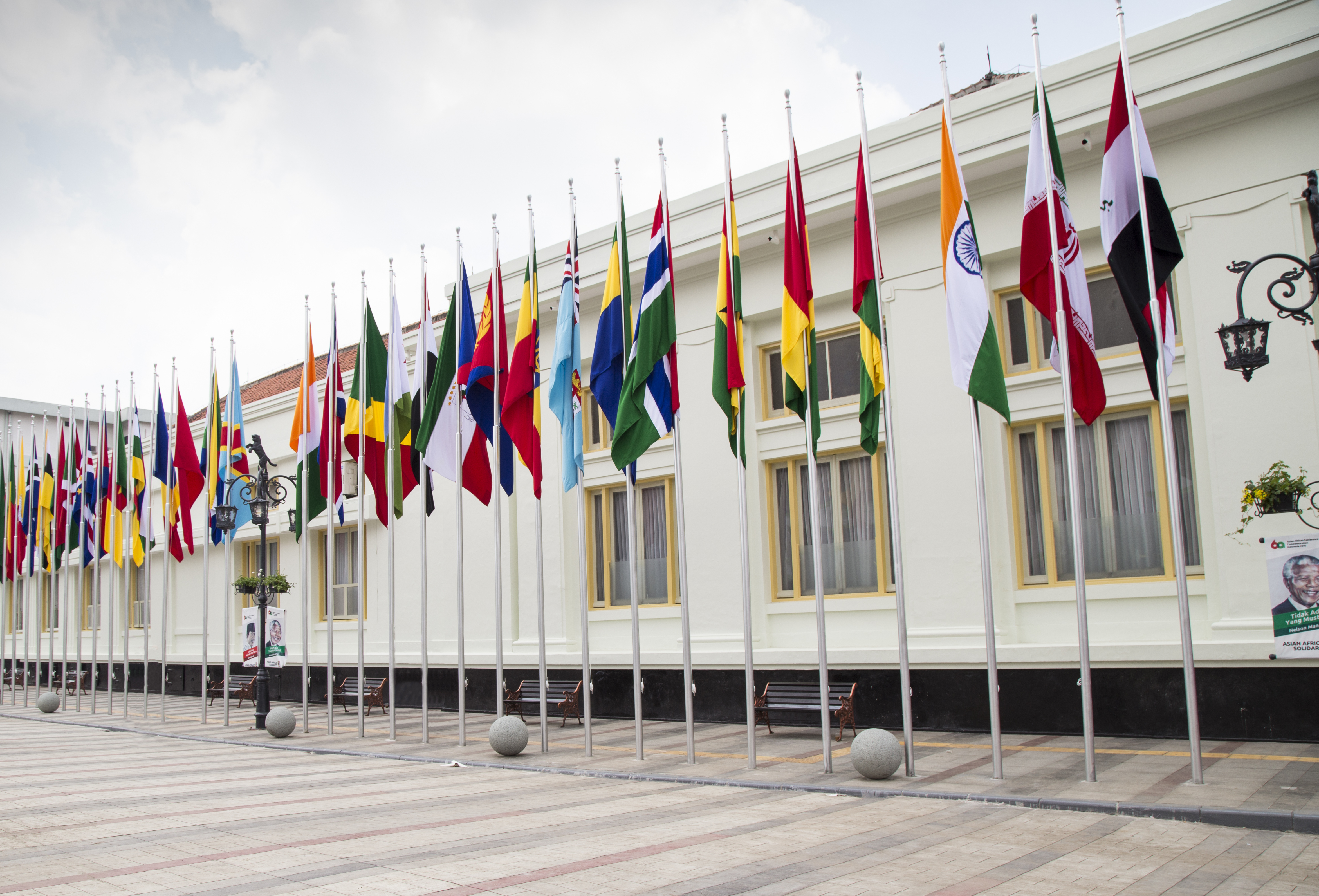To feel at home in today’s world is a very big demand because the sense of homelessness, looked at from a long period of historical reflection including our present moment, has always been a place of feeling at home and not feeling at home. Arendt, Freud, Heidegger – in all these cases, you feel both placed and displaced at the same time. It’s very difficult to think of a period where you feel at home because of these larger contradictions.
When you ask me to think about this question in relation to these large categories of globalisation, colonialism or anti-colonialism, I begin to think about the limits of this kind of nominalism. That’s how we get contained in a particular history. But these are very limited issues, partly because the question of periods and ages where historians feel at home – people are made to think that they were at home – are very complicated. It seems that transition is a much better discursive or analytic time frame than thinking of ages and periods which are all neatly labelled, and thinking we knew what the world was like.


